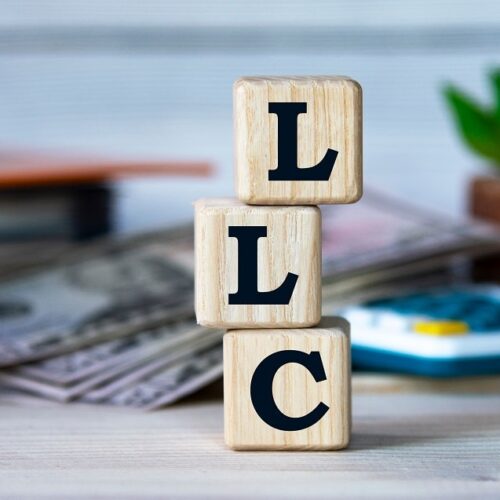- Limited Liability: Like a regular corporation (C corp), shareholders are typically not personally liable for the debts and liabilities of the corporation beyond their investment in the company.
- Taxation: As mentioned, S corporations are pass-through entities for tax purposes, which can provide potential tax savings compared to C corporations, where profits are subject to double taxation (once at the corporate level and again when distributed to shareholders).
- Ownership and Restrictions: S corporations are limited to no more than 100 shareholders, and these shareholders must be U.S. citizens or residents, certain trusts, or certain tax-exempt organizations. They cannot have nonresident alien shareholders or other corporations or partnerships as shareholders.
- Formalities: S corporations must follow certain formalities such as holding regular director and shareholder meetings, maintaining accurate records, and observing other corporate formalities similar to C corporations.
- Flexibility: They offer flexibility in distributing profits and losses among shareholders, which can be advantageous for tax planning purposes.
C Corporation – 24 Hour Rush Processing
You must be logged in to post a review.




Reviews
There are no reviews yet.